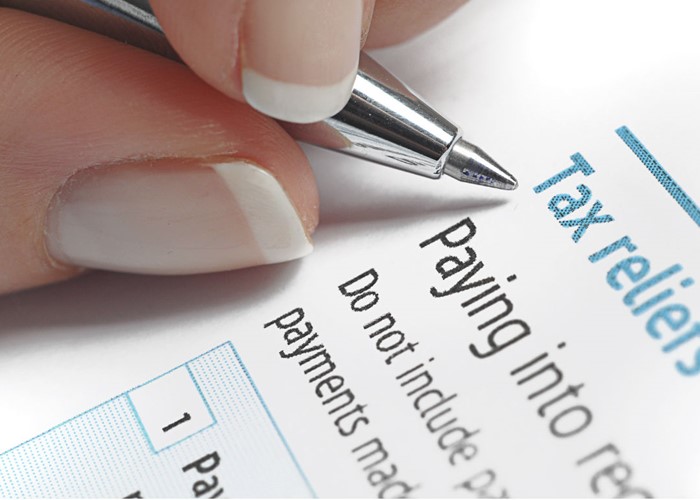HMRC launches new online tax system to reduce errors

The way employers report tax payments is changing. Here's how it'll affect you.
Errors occur pretty frequently at HM Revenue & Customs (HMRC) and in an attempt to reduce them it’s introduced ‘Real Time Information’ (RTI), which it says is the biggest change to the Pay-As-You-Earn (PAYE) system in 70 years.
This system, which is now live, requires employers to update your tax record automatically rather than waiting until the end of the financial year and has been launched to smooth-out the process of paying Universal Credit.
Online tax tracking
RTI will keep taxpayer records up-to-date to make sure we're paying the right tax and receiving the correct benefits.
It replaces the current system where employers submit a yearly tax record to HMRC and will hopefully reduce the amount of mistakes which currently occur.
Although it’s expected to reduce the cost of processing these yearly tax updates by around £300 million, the total cost of implementing RPI is around £356.6 million, which is more than £100 million over budget. HMRC has also not budgeted for any extra costs if there are any ‘significant’ errors with the new scheme.
Computer errors
The scheme was piloted in April, but given HMRC’s track record some experts have expressed doubts that it will actually work. The pilot didn’t last for that long and it’s not clear if HMRC is fully prepared for such a massive change.
In September the results of the pilot were published and HMRC denied reports of errors with its IT system.
“As expected with such a major change, there have been some issues, which have impacted a small proportion of employers, but most have been resolved quickly.
“Our analysis shows that there is no evidence at all of HMRC IT systems incorrectly calculating the charge and that the majority of discrepancies were due to employer misunderstanding or error as they get used to the new system,” a spokesperson said.
It also revealed that only 66,240 employers and pension schemes took part in the voluntary pilot. This represented more than 6.5 million individual employment records, but is a lower figure than originally anticipated.
How will it affect taxpayers?
As RTI is rolled-out it should make the system of paying tax easier and more transparent. It should also reduce the number of errors which are currently reported meaning less cases of over or underpayments of tax.
Employers will submit tax information on or before the day they pay employees and will no longer fill in end-of-year forms.
As a taxpayer the best thing to do is keep a close eye on your payslips to make sure you’re on the right tax code and not paying too much or too little.
Your tax code can be found on your payslip or a p45. Read Tax codes: how to check you're on the right one for more.
More on tax:
Watch out for these HMRC tax refund scams
How to cut your Inheritance Tax bill
HMRC crackdown on tax-dodging Southerners
Calls to HMRC cost us £136 million!
Ten ways to avoid Capital Gains Tax
HMRC closes face-to-face help centres to save money
Comments
Be the first to comment
Do you want to comment on this article? You need to be signed in for this feature